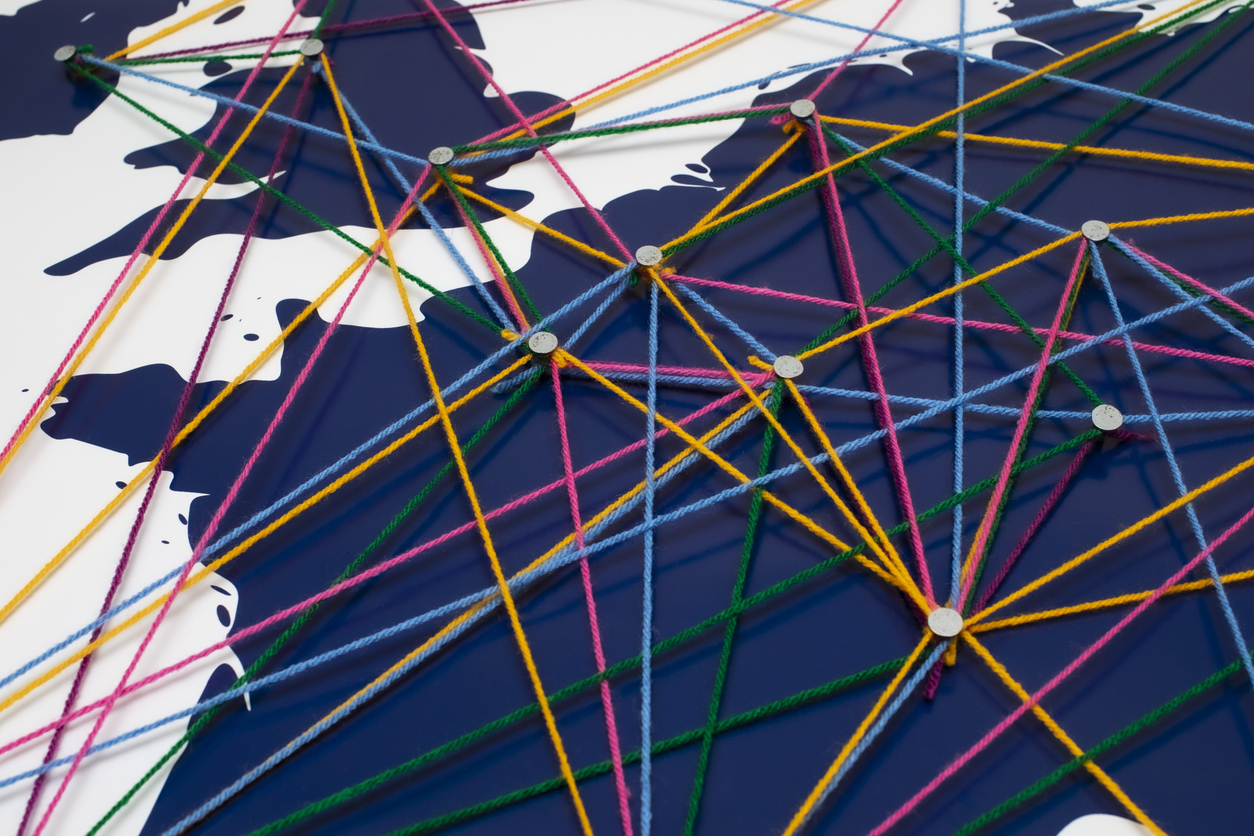
iStock/ Peter Carruthers
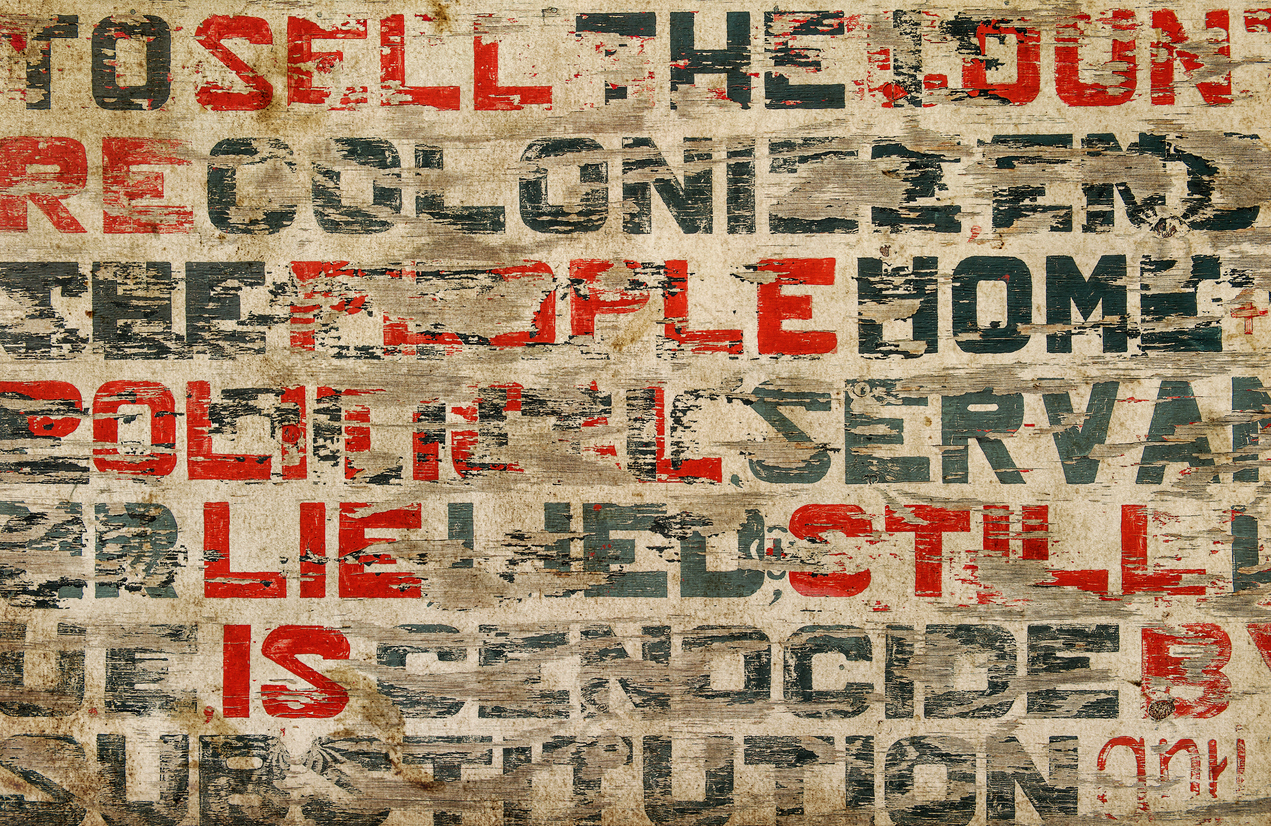
Old weathered wooden wall with red and grey letters. Decorative background
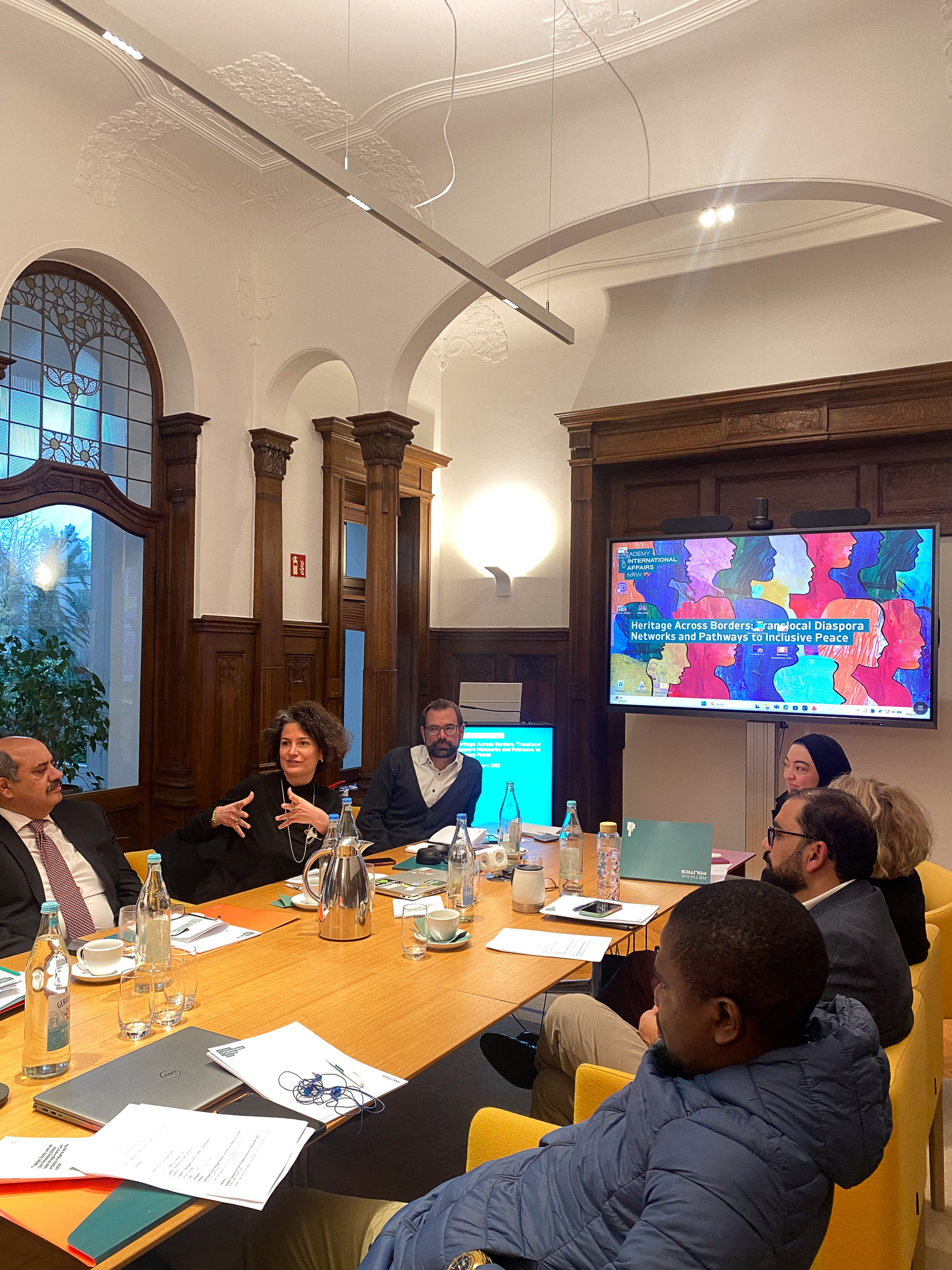
Who we are
The Academy of International Affairs NRW, based in the federal city of Bonn, is dedicated to the global challenges and structural changes in international politics in the 21st century. The Academy’s fellowship programme focuses on promoting academic excellence and international and interdisciplinary networking.
News
Are you a silver spoon? K-Drama as an analytical lens for studying inequalities
At the AIA Colloquium, Karolina Kluczweska and Katja Freistein presented a jointly authored paper that takes an analytical look at K-dramas to examine gender inequalities in Korean society. Based on the fact that women in South Korea earn up to 31.5% less than men and are socially disadvantaged in many ways, the fiction of television …
Heritage Across Borders: Translocal Diaspora Networks and Pathways to Inclusive Peace
The workshop, organized by AIA Fellows Summar Iqbal Barbar and Ifedayo Grace Malachi, addresses an important dimension of the Academy’s chosen annual theme of translocalism and sub-national diplomacy. The aim of this workshop was to use concrete examples from the Global North and Global South to gain a clearer understanding of categories such as diaspora, …
Is the West Losing Young Minds? Reflections from the Munich Security Conference
On 13 February, AIA Fellow Stuart MacDonald joined an expert panel at the Munich Security Conference to discuss one of the most pressing questions in contemporary international affairs: how Western nations are faring in the global competition for trust, influence, and young people’s allegiances. Drawing on findings from his recent major comparative study of soft …
The Kartarpur Corridor: Heritage Beyond Borders
“Peace does not always begin with treaties; sometimes it begins with crossings.” In his colloquium AIA Fellow Summar Iqbal Babar examined the Kartarpur Corridor as a form of peace-building infrastructure between India and Pakistan. Established in 2019, the translocal corridor enables pilgrims and tourists to cross the border to visit Sikh shrines in an otherwise …
Soft Power in Transactional Times
Initiated by AIA Fellow Stuart MacDonald, a webinar on ‘Soft Power in Transactional Times’ took place on 3 February. This brought together potential consortium partners to identify the most suitable proposal for an application for a Horizon Europe research project on the topic of soft power under the conditions of transactional foreign policy. Based on …
Events
View all events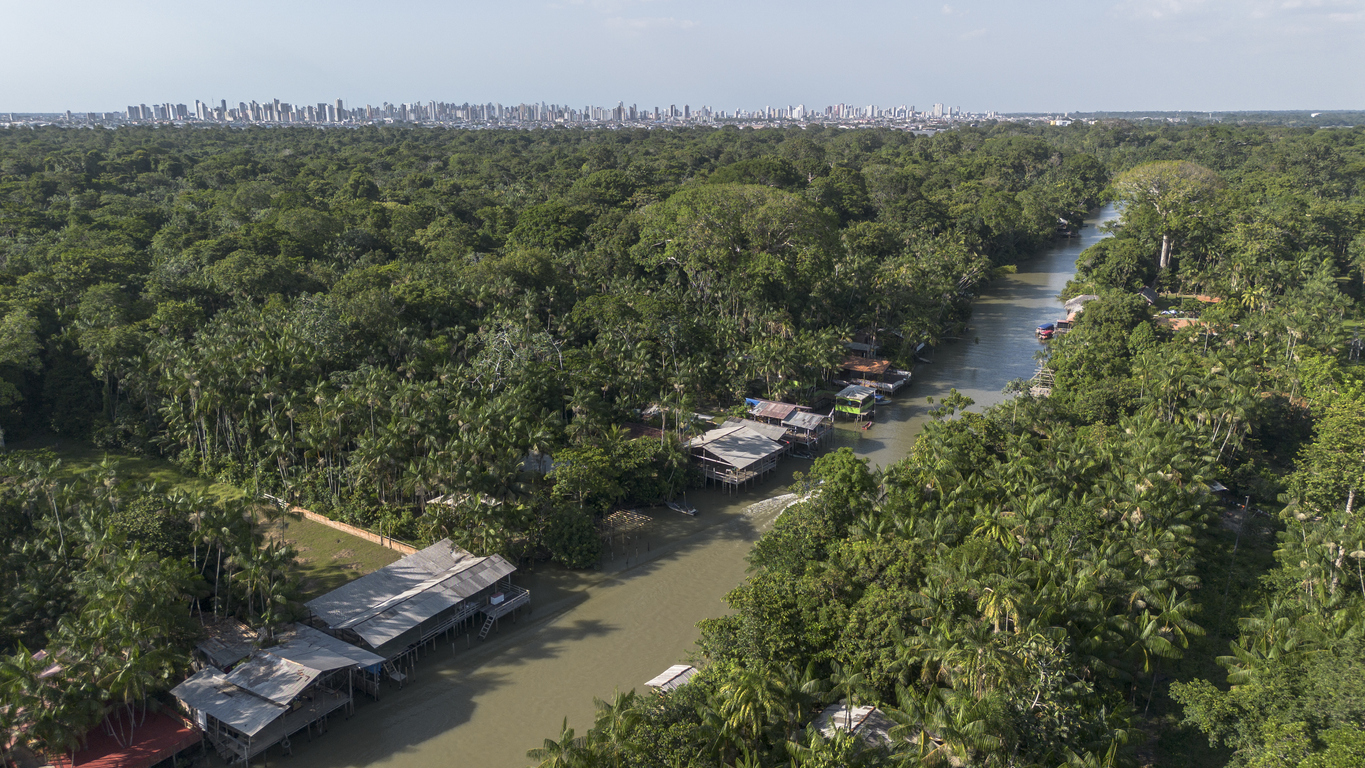
Brazilian Paradiplomacy: Historical Trajectories, Institutions, and Case Studies
The Academy of International Affairs NRW, in cooperation with the Paradiplomacy Scholars Forum, will host an online seminar on Brazilian paradiplomacy. The event brings together leading scholars to examine the historical development, legal-institutional consolidation and contemporary challenges of subnational international action in Brazil. The discussion will address federal dynamics, regional asymmetries and political crisis contexts, while also reflecting on how paradiplomacy engages with global agendas such as sustainability, the Amazon, gender equity, migration and the SDGs. Herewith, we would like to thank Katja Freistein, Manuel Becker, Joanna Ciesielska-Klikowska and Tomasz Kamiński for their support in preparing and organising the webinar.
To the event
German Colonialism and its first Genocide
As Europe rethinks its foreign policy amidst shifting global political relations, one question remains central: Can cooperation succeed without confronting colonial history? This panel takes Germany’s first genocide of the 20th century in Namibia as a starting point to explore how colonial legacies continue to shape today’s global crises, from geopolitics and inequality to diplomacy and democracy. What does the “past in the present” mean for justice claims and Europe’s future role in the world? With experts Henning Melber, Katharina Hacker, and Julia Manek, moderated by Heloise Weber, the discussion will connect postcolonial perspectives with today’s political challenges, including the rise of authoritarian populism as well as transnational efforts aimed at building relations of solidarity and ‘just repair’ Join the conversation and be part of a critical debate on history, responsibility, and the future of international cooperation. In cooperation with:
To the event
European Regions and the Future of Europe’s Soft Power
The Academy of International Affairs North Rhine-Westphalia, in partnership with the Representation of the State of North Rhine-Westphalia to the European Union, invites policymakers, practitioners and researchers to a workshop examining the role of European regions in strengthening the Union’s soft power and cultural diplomacy. The event takes place at the NRW Representation in Brussels, against the backdrop of the European Commission’s ongoing work to integrate the 2016 Joint Communication on international cultural relations within the broader Culture Compass for Europe. The workshop addresses four interconnected themes: the distinctive contributions that regional actors can make to European external relations; the soft power dimensions of higher education and science diplomacy; the evolving role of national institutes of culture and arm’s length bodies; and the implications of AI and digital transformation for public diplomacy practice. Structured panel discussions and plenary debate will consider how multi-level governance might be harnessed more effectively to build European influence and resilience in a contested international environment. An evening programme will provide opportunities for informal exchange. Further information are available from Stuart MacDonald, AIA NRW Fellow. Programme
To the event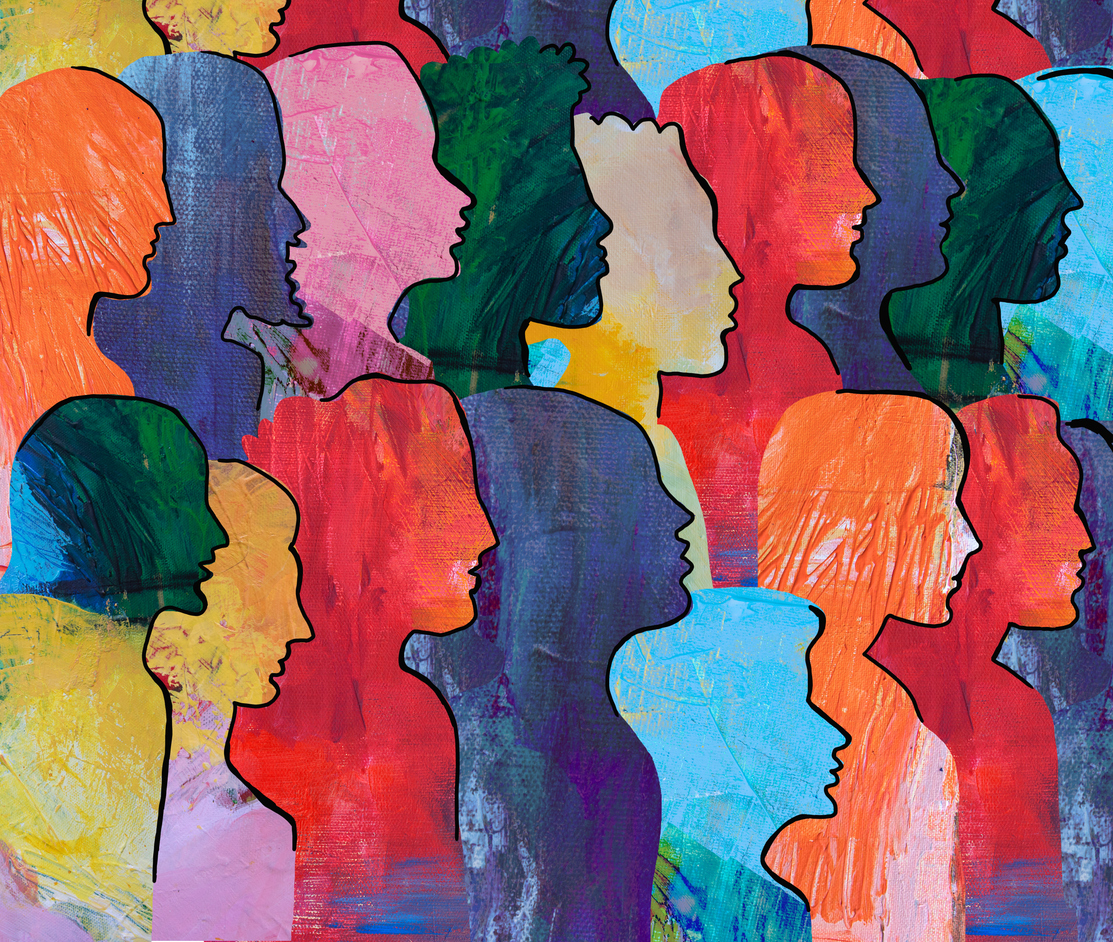
Heritage Across Borders: Translocal Diaspora Networks and Pathways to Inclusive Peace
In the era defined by geopolitical uncertainties, long-standing conflicts, and mounting pressure on liberal democratic standards, the diaspora and translocal groups have become the key players in peacebuilding and cross-border collaboration. This shifting global landscape underscores the need to examine peace formation beyond formal diplomacy, drawing attention to the informal, affective, and translocal infrastructures constructed by ordinary people, mobile communities, and diasporic actors across regions. This workshop examines the mechanisms through which such communities function as agile, adaptive peace infrastructures through which pilgrimage paths, pastoral migration pathways and migrant memory networks are transformed as reconciliation platforms across South Asia, West Africa and Europe. By drawing together cases spanning the Global South and Global North, the workshop highlights how peace imaginaries and mobility practices circulate trans-regionally, generating new forms of interconnected governance and solidarity. The workshop explores the identities-in-motion approach as a framework for recalibrating borders, fostering constructive dialogue, and enabling comparative analysis through inclusive peace strategies. It does so by examining cases such as the Kartarpur Corridor with its distinct translocal resonance, Fulani mobility systems in the Lake Chad Basin, Turkish-German integration pathways, and Syrian diaspora settlement processes.
To the event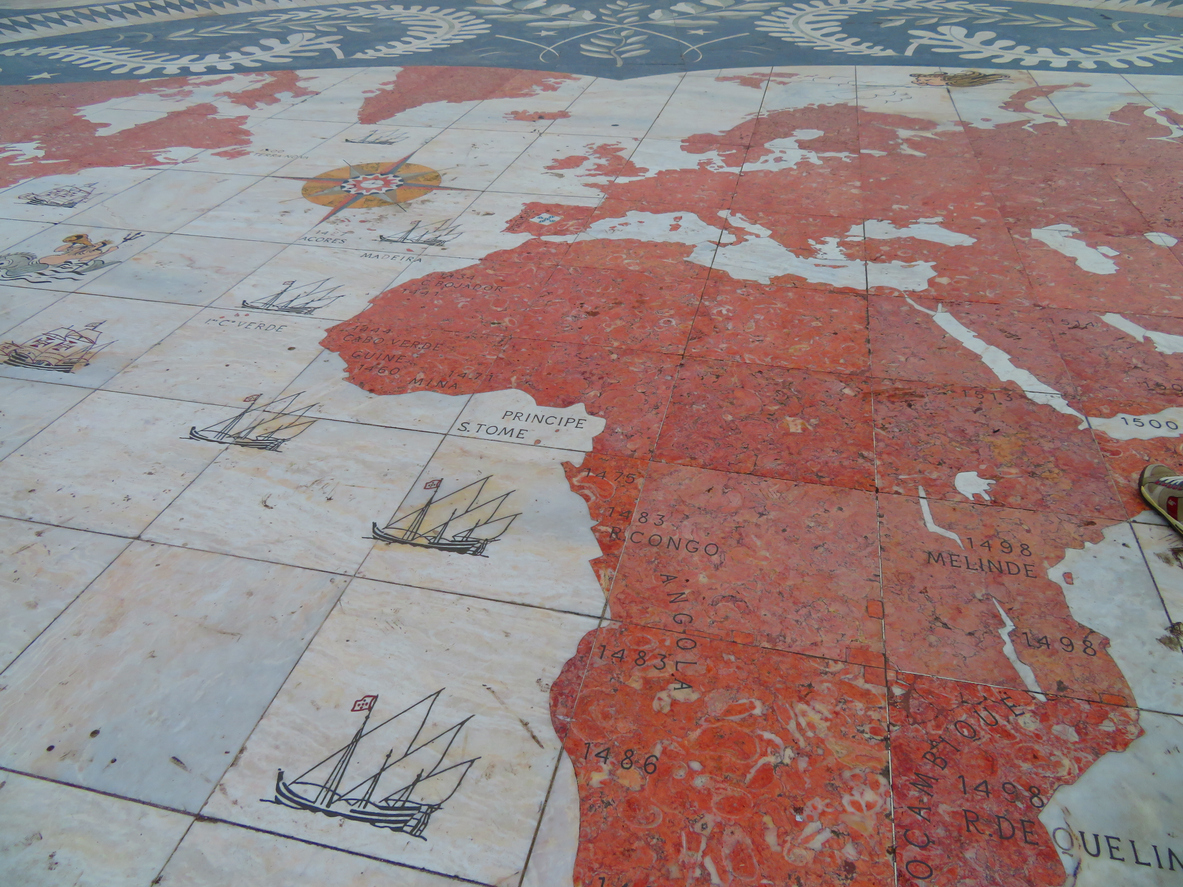
How do empires act?
Both research on (post-)coloniality and imperialism as a driving force of international relations have established that empires are to be counted among the most powerful political entities. But how do empires exert their power? In order to approximate this very fundamental question, I will lay out competing ideas of imperial power and action and opt for a productive compromise between actor- and structure-driven approaches, which emphasizes the importances of imperial attitudes and ideas as carriers of imperial power.
To the event
Autocracy On the Rise – Can Cities Save Democracy?
Cities play a crucial role in building and maintaining democratic attitudes and processes. In response to increasing political paralysis, ideological deadlock or illiberal practices at the national level, mayors across Europe have formed regional policy and city networks to support each other in their efforts in areas such as climate protection and sustainable economic development, public health and migration. During the evening panel discussions, we will discuss democratic innovation as a topic of city diplomacy: How can we preserve democracy and open societies in the face of anti-democratic authoritarian actors? How can we build trust in democracy from the local level upwards? How can we exchange best practices and successful innovations in the field of democracy and participation across Europe and even worldwide, and learn from each other?
To the event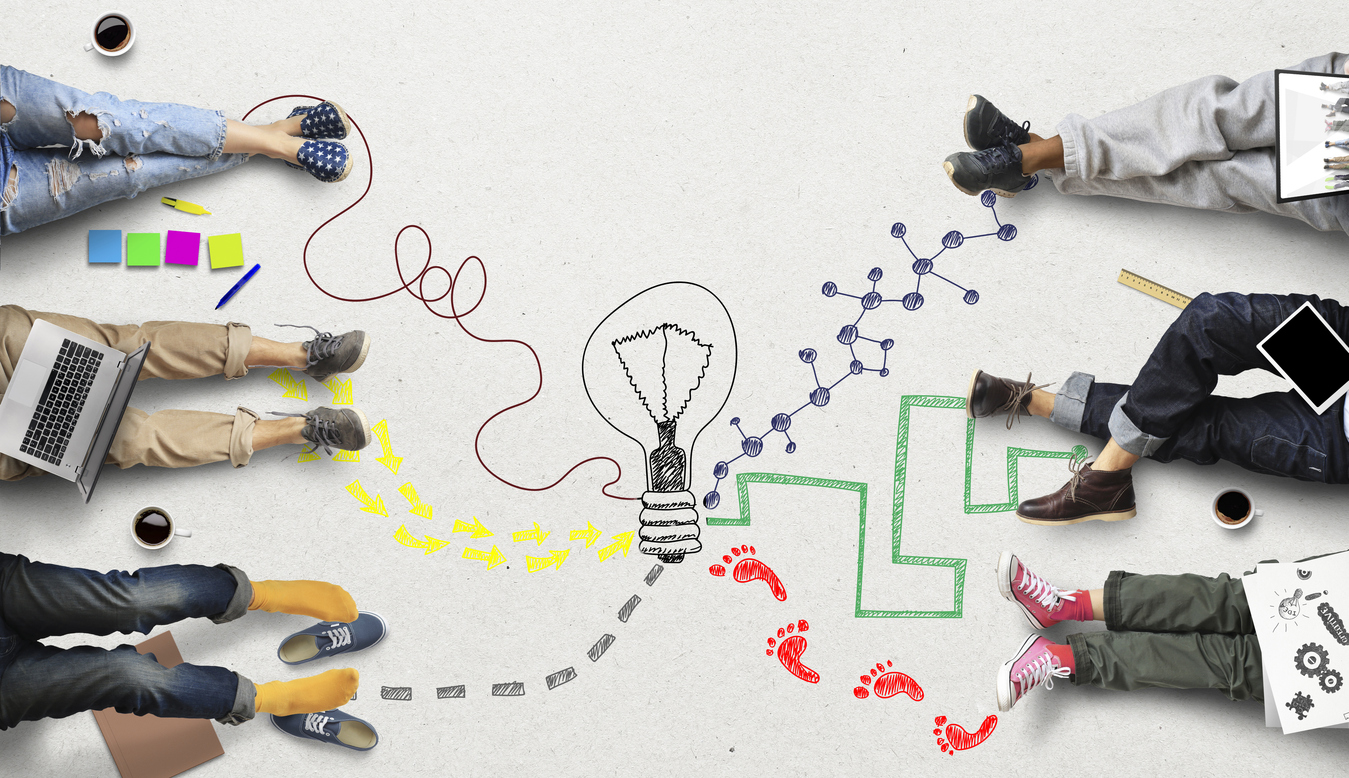
Science Dialogue Day
Together with the Managing Global Governance (MGG) program of the German Institute of Development and Sustainability (IDOS), we look forward to the third edition of Science Dialogue Day. Across NRW, a growing number of research, training, and policy-oriented institutions have established academies and capacity-building initiatives to prepare young professionals and emerging leaders for global challenges. These programmes share a belief in the power of dialogue, peer learning, and evidence-based leadership development to advance the 2030 Agenda and foster just, inclusive, and sustainable societies. The Science Dialogue Day is a collaborative format initiated by the MGG Programme to strengthen exchange and cooperation among leadership academies and training programmes in NRW that are committed to sustainable development and international cooperation. Following the successful first Dialogue Day on “Strategies for Diversity and Inclusion” held at IDOS in 2024, this second in presence edition will deepen the exchange by focusing on two interrelated dimensions: first, understanding the rationales and evolving mandates of leadership programmes, and second, exploring how to conceptualise and assess their impact.
To the event
South Korean Soft Power and Beyond. Lessons from the Korean Wave for Cultural Diplomacy
The role of culture for the prestige and relative status of countries is well-known. While that kind of soft power remains difficult to measure in terms of its actual influence on international politics, cultural diplomacy is an established instrument of states’ foreign policy. The dominance of Western culture has long been contested, as Indian cinema, Japanese kawaii culture and the Korean Wave, to name but a few, have gained traction, not only in Asia but also in other parts of the world, including the West. This has boosted the visibility of some key states and elevated their global status. With the return of the Korean mega group BTS to the stage in the near future, for example, another economic boost is expected, and South Korea is projected to experience gains in tourism and investment. Thus is has notably benefitted from its soft power. Studying select cases such as South Korea and as well as discussing insights from culture diplomacy actors of European countries like Germany and Great Britain and others, the experts at this event will debate the potential of cultural diplomacy in influencing foreign policy and draw on the idea of soft power to explore strategies for the future. The experts include Dr Dongho Han (Korea Institute for National Unification, Seoul), who will talk about the role of public diplomacy regarding Korean reunification, Dr Natalia Grincheva (Lasalle University, Singapore), who will present her data that forecasts the impact of the Korean Wave, and many other experts in the field of soft power and cultural diplomacy. From data-based projections of soft power to traditional approaches of cultural diplomacy, the lessons that can be learned have interesting implications for diplomacy and foreign policy more generally. The event is open to students, academics, policymakers, cultural and economic stakeholders, and the wider public interested in contemporary approaches to soft power and culture politics. Programme
To the event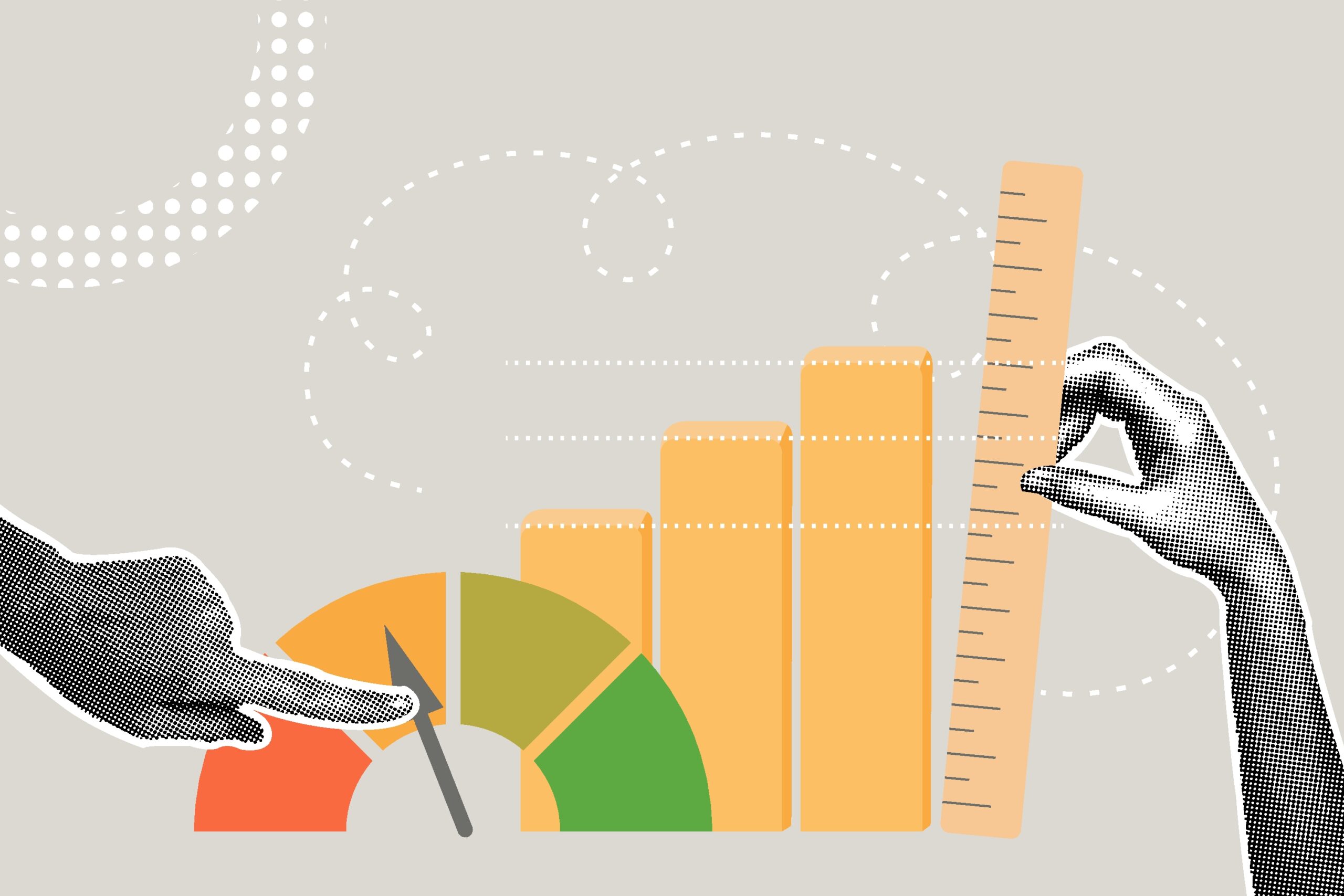
National Soft Power: Policy, Strategy and Measurement
On 12 November, AIA Fellow Stuart MacDonald organizes a workshop for academics and practitioners, examining the state of soft power in 2025. Drawing on findings from a recent comprehensive comparative study of 24 countries and the EU, and the unique empirical data generated for the research, the event will advance both theoretical understanding and practical application of soft power trends, mechanisms, and impacts in the current international context. There will also be a focus on innovative methodologies for measuring the impact of soft power activities. The workshop will be an opportunity for participants to feedback on both the current state of play and on the uses of data-led approaches to measuring the impact of this crucial area of international relations.
To the event
International Security Forum Bonn 2025
This year’s International Security Forum Bonn (ISFB) brings together top experts and practitioners to tackle pressing questions about transatlantic relations and the future of European security. Under the patronage of Nathanael Liminski, Minister for Federal, European and International Affairs and Media and Head of the State Chancellery of North Rhine-Westphalia, the forum—organized by CASSIS with partners like AIA NRW and the Institut Français NRW—will run from October 29–31. Highlights include high-level discussions on “Ruptures Waiting for Responses” and a Bonn Future Lab exploring the security, economic, and governance dimensions of space. The event blends expert panels with hands-on workshops, aiming to generate forward-looking strategies for Europe and Germany.
To the eventPublications
View all publications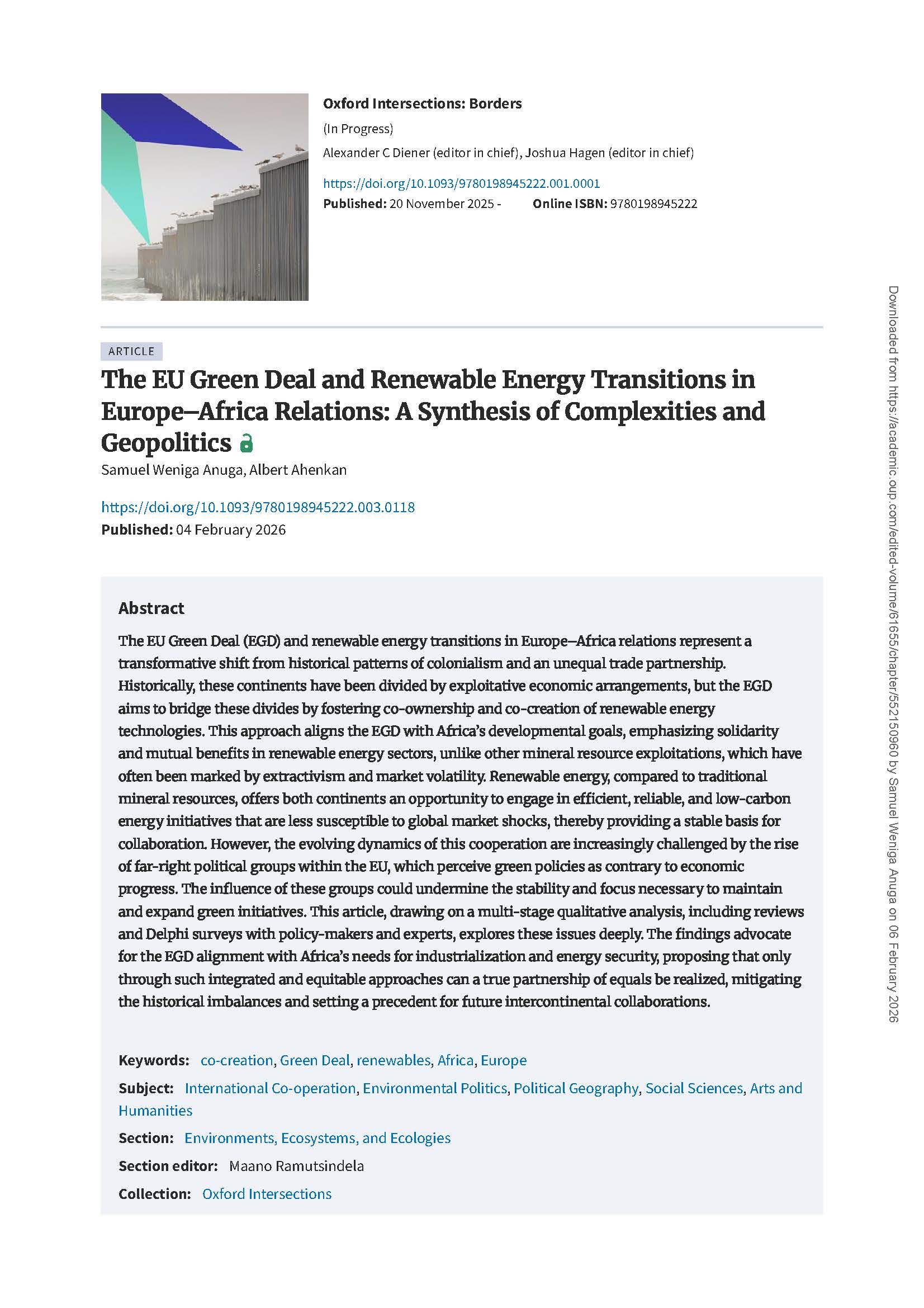
The EU Green Deal and Renewable Energy Transitions in Europe–Africa Relations: A Synthesis of Complexities and Geopolitics
The EU Green Deal (EGD) is transforming Europe–Africa relations by moving away from historical patterns of exploitation toward equitable collaboration in renewable energy. By fostering co-ownership and co-creation of clean energy technologies, the EGD aligns with Africa’s development goals, offering stable, low-carbon energy initiatives less vulnerable to market shocks. However, the rise of far-right political …
Details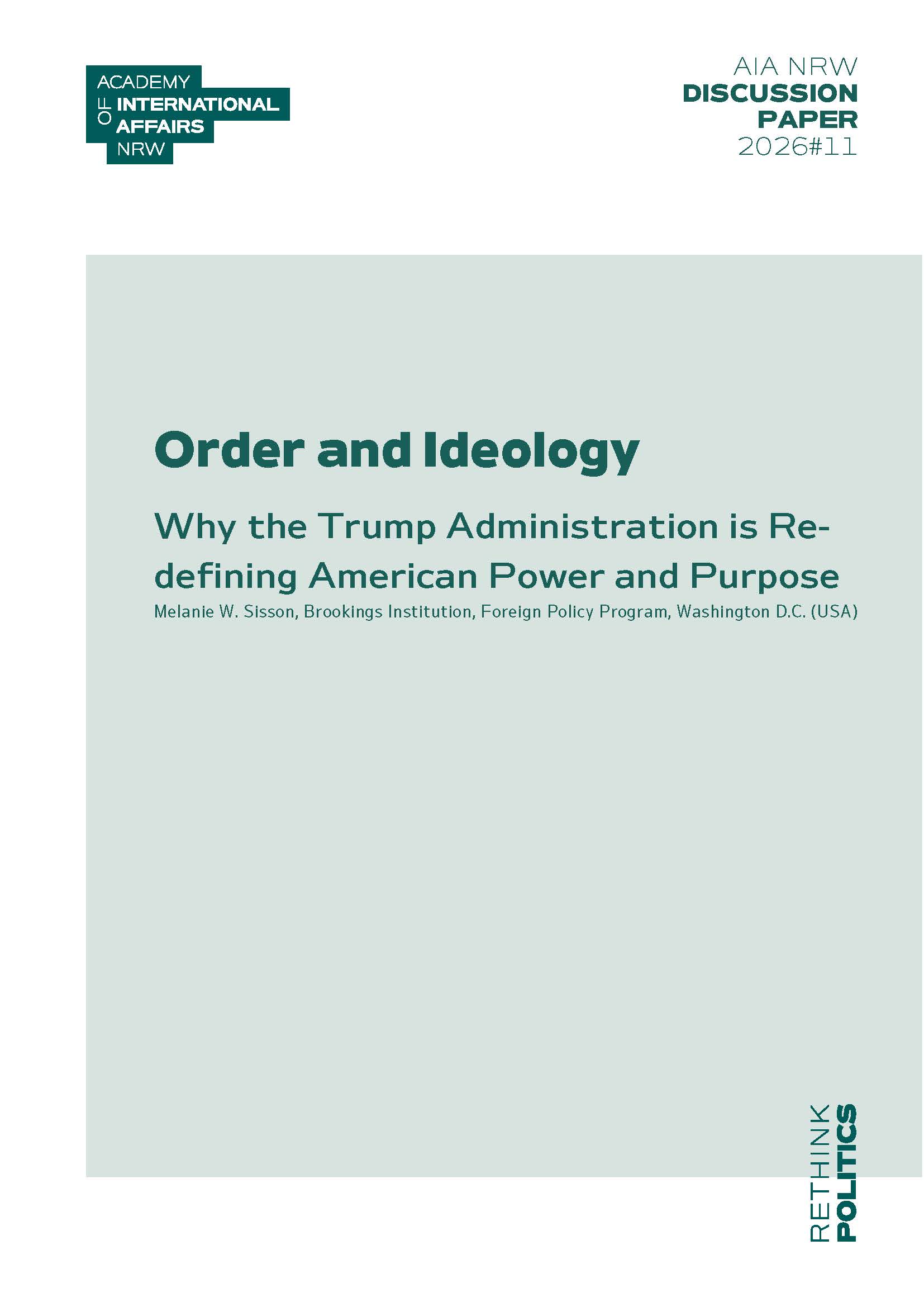
Order and Ideology
Why the Trump Administration is Redefining American Power and Purpose This paper analyses the foreign policy orientation of the second Trump administration. It argues that this does not represent an attempt at reform, but rather a fundamental departure from the liberal international order that has existed since the Second World War. Contrary to initial assumptions, …
Details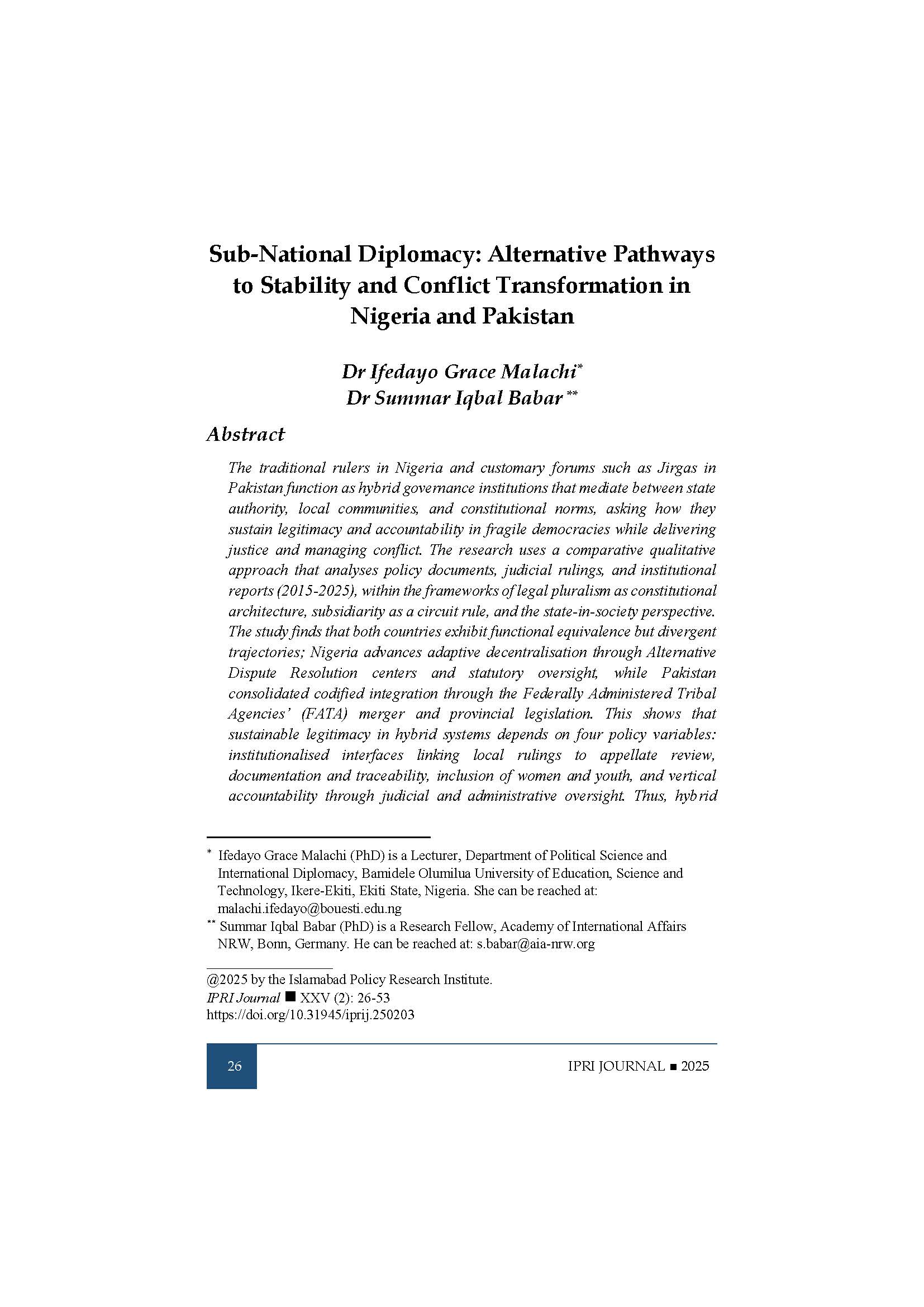
Sub-National Diplomacy: Alternative Pathways to Stability and Conflict Transformation in Nigeria and Pakistan
The traditional rulers in Nigeria and customary forums such as Jirgas in Pakistan function as hybrid governance institutions that mediate between state authority, local communities, and constitutional norms, asking how they sustain legitimacy and accountability in fragile democracies while delivering justice and managing conflict. The research uses a comparative qualitative approach that analyses policy documents, …
Details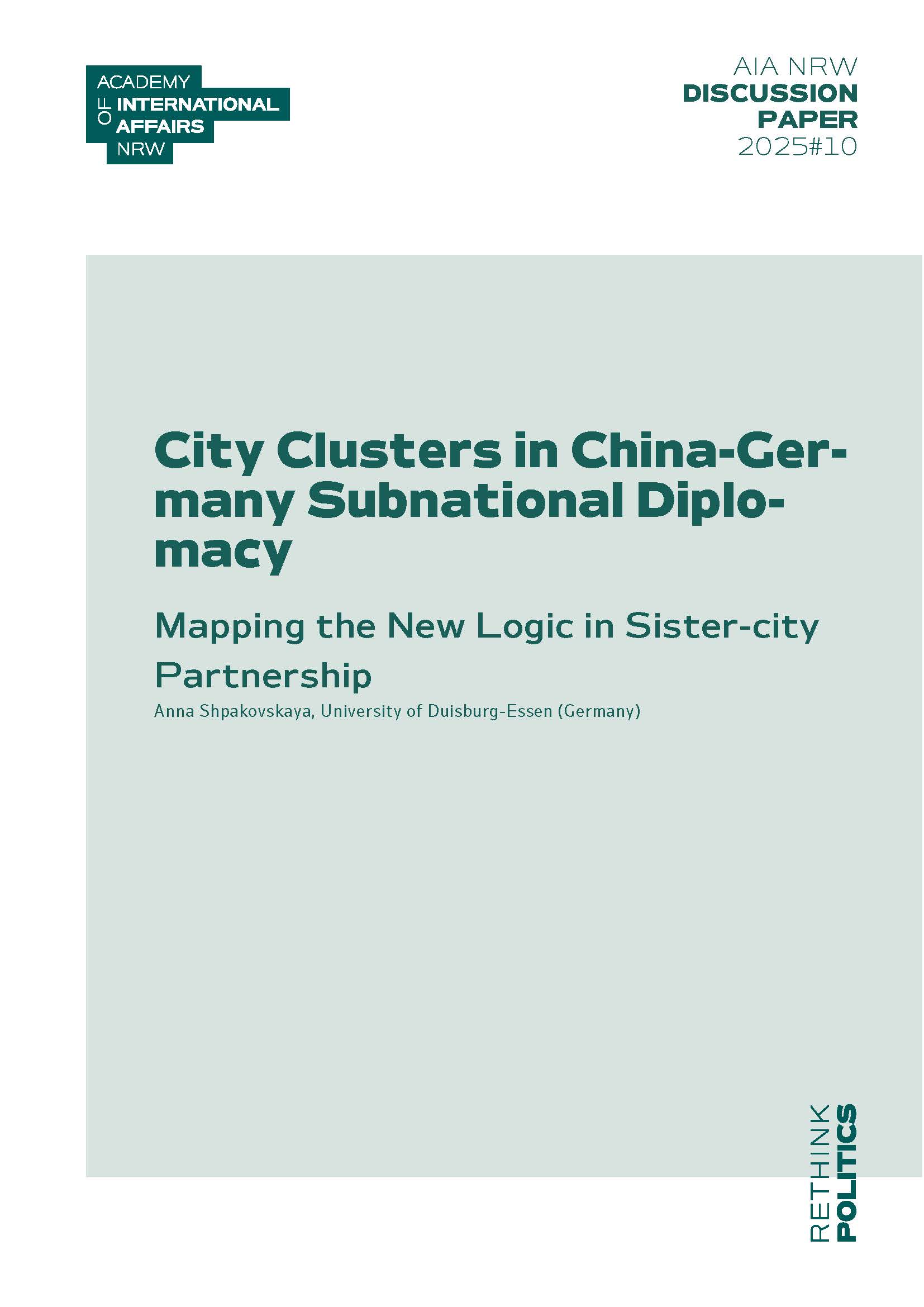
City Clusters in China-Germany Subnational Diplomacy
This paper offers a new framework for understanding China-Germany sister-city diplomacy through the lens of city cluster logic, enabling subnational actors to navigate complex institutional structures and networked partnerships more strategically. Drawing upon a comprehensive policy analysis and a series of 68 interviews conducted in Germany and China between 2022 and 2025, this study illuminates …
Details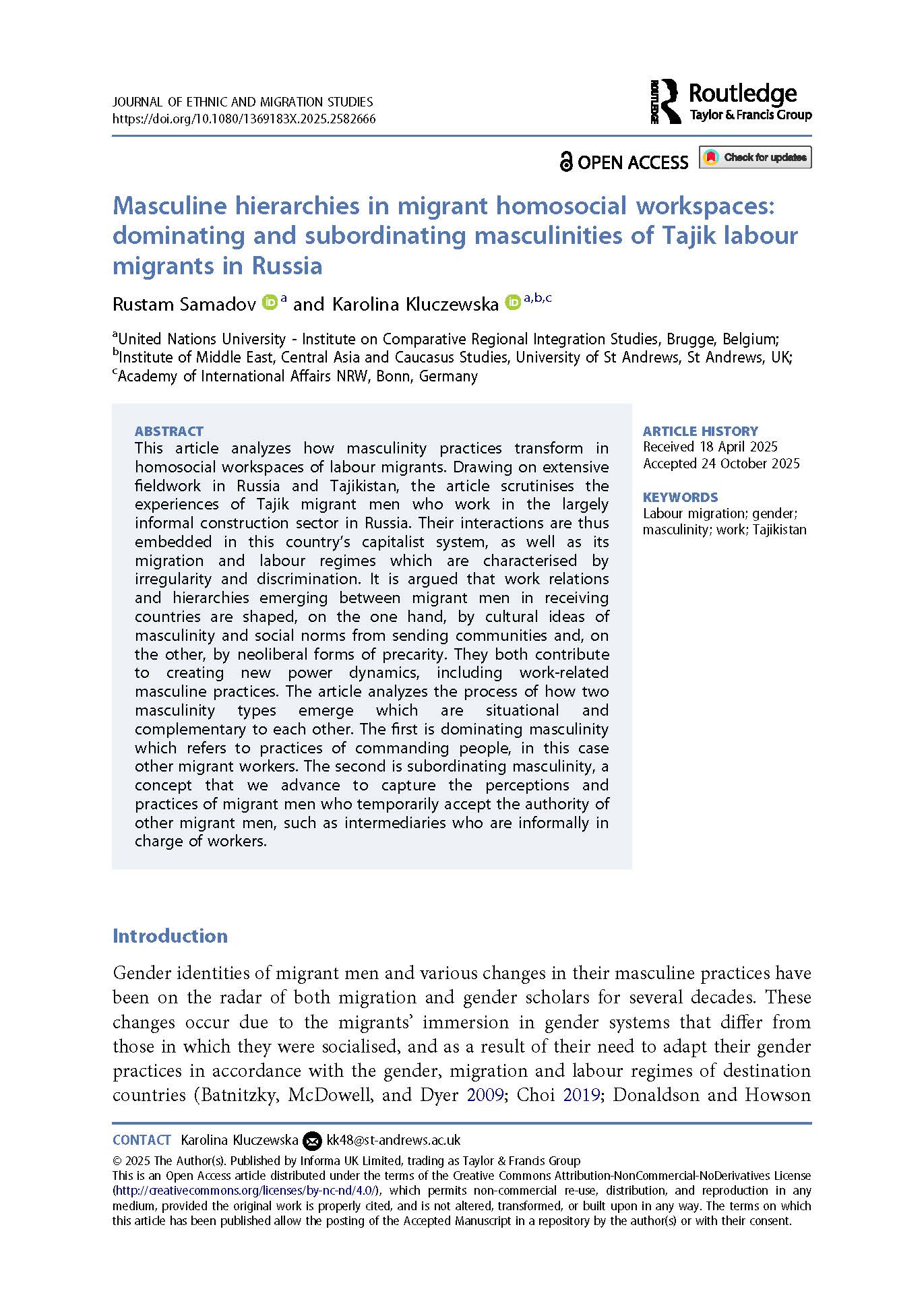
Masculine hierarchies in migrant homosocial workspaces: dominating and subordinating masculinities of Tajik labour migrants in Russia
This article analyzes how masculinity practices transform in homosocial workspaces of labour migrants. Drawing on extensive fieldwork in Russia and Tajikistan, the article scrutinises the experiences of Tajik migrant men who work in the largely informal construction sector in Russia. Their interactions are thus embedded in this country’s capitalist system, as well as ist migration …
DetailsFellows
View all fellows

Débora Prado
A Comparative Analysis of the International Actions of Subnational Governments in Brazil and Germany
This project examines how regional governments in Brazil and Germany engage internationally and why their actions matter for global debates. It focuses on two key areas: the global COVID-19 pandemic and environmental diplomacy. The study explores how subnational actors build partnerships, influence policy, and expand their presence beyond national borders, highlighting the growing relevance of subnational diplomacy in International Relations.
Impulse
The Academy’s new video format
-
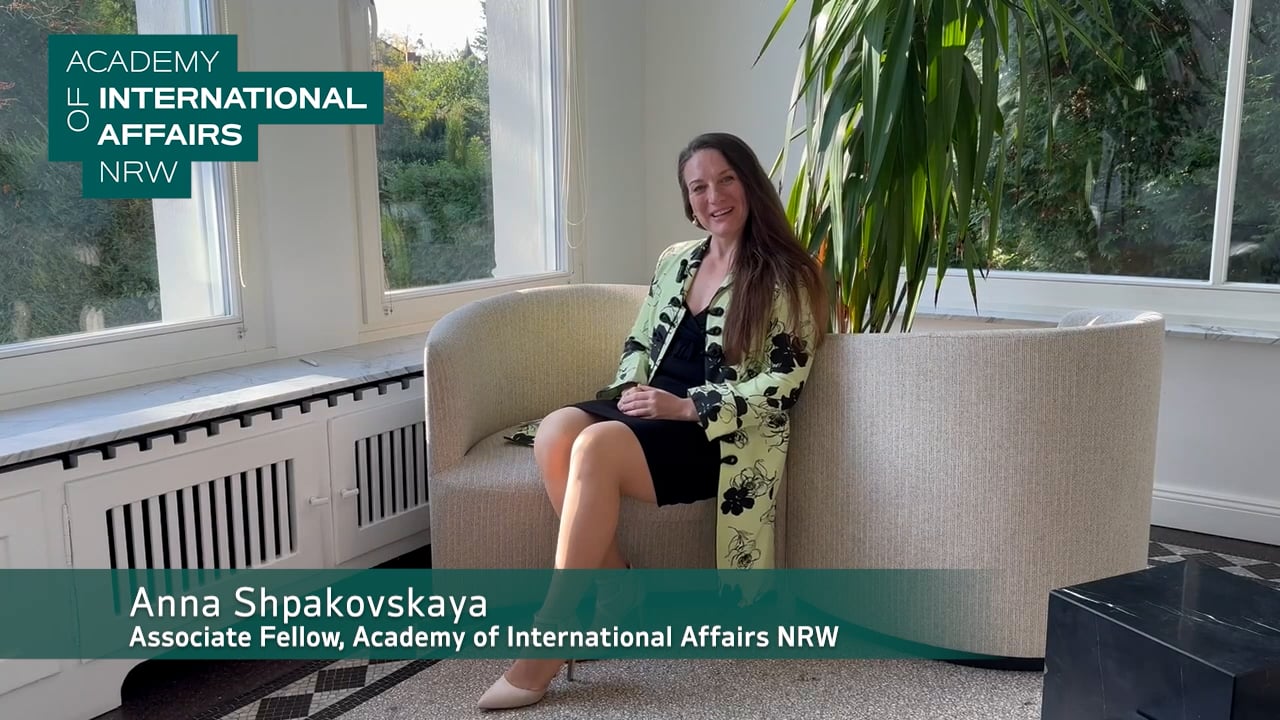
From Beijing to Shanghai: Inside a 5-City Urban Diplomacy Field Trip
After three weeks of fieldwork across Beijing, Shenzhen, Guangzhou, Suzhou, and Shanghai, Anna Shpakovskaya explored how…
-
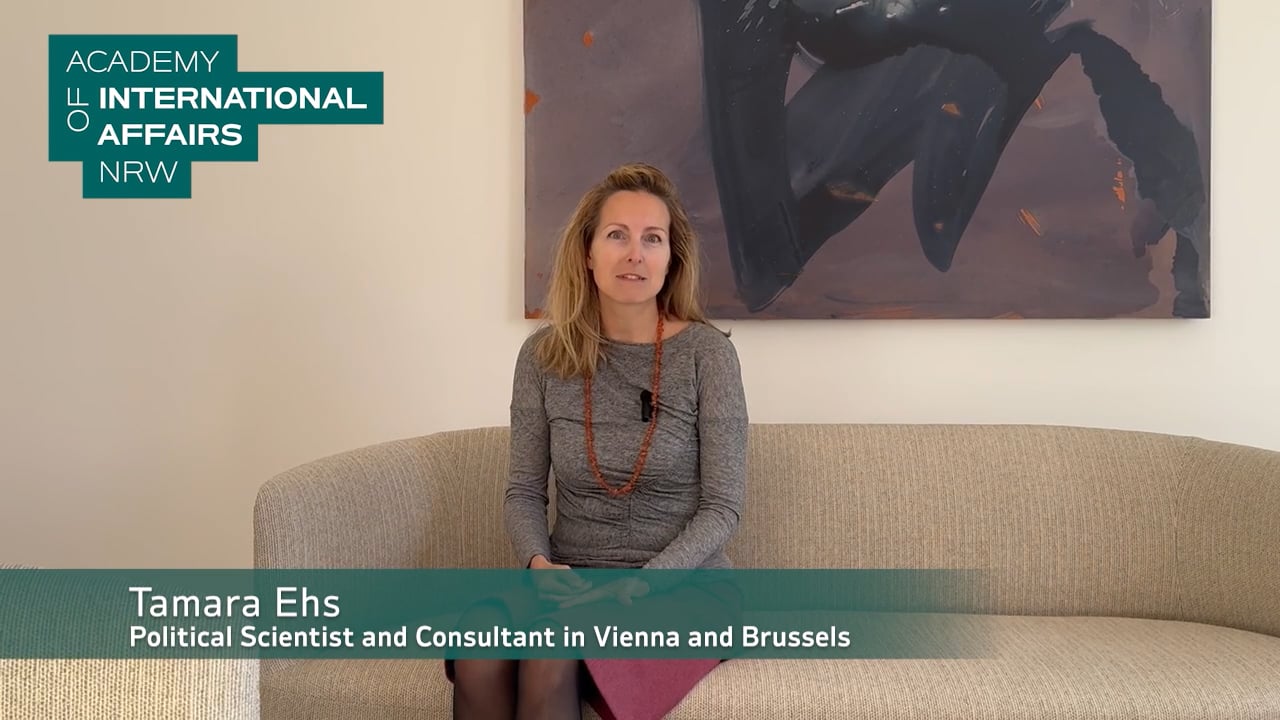
Democratic Resilience in an Age of Crisis
According to the 2024 Varieties of Democracy report, there are now 91 autocracies and 88 democracies…
-
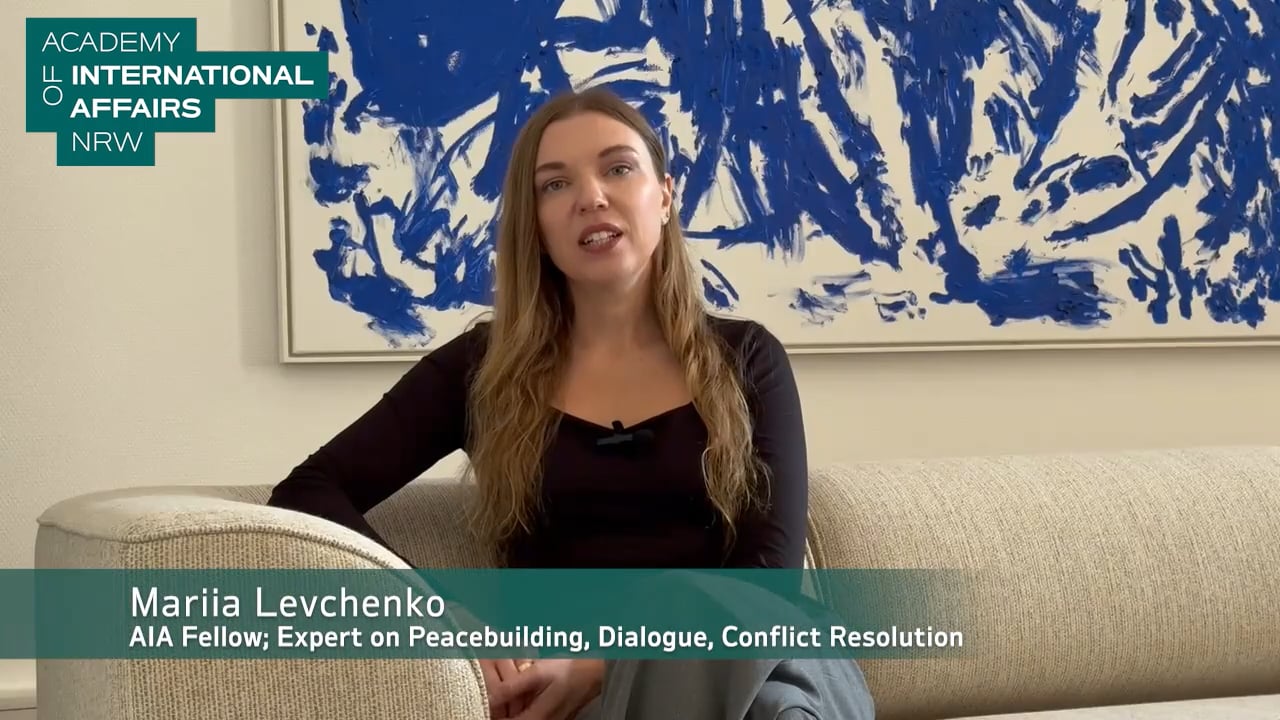
The Power of National Dialogues
In a world frequently marked by political upheaval and conflict, national dialogues have emerged as vital…
-
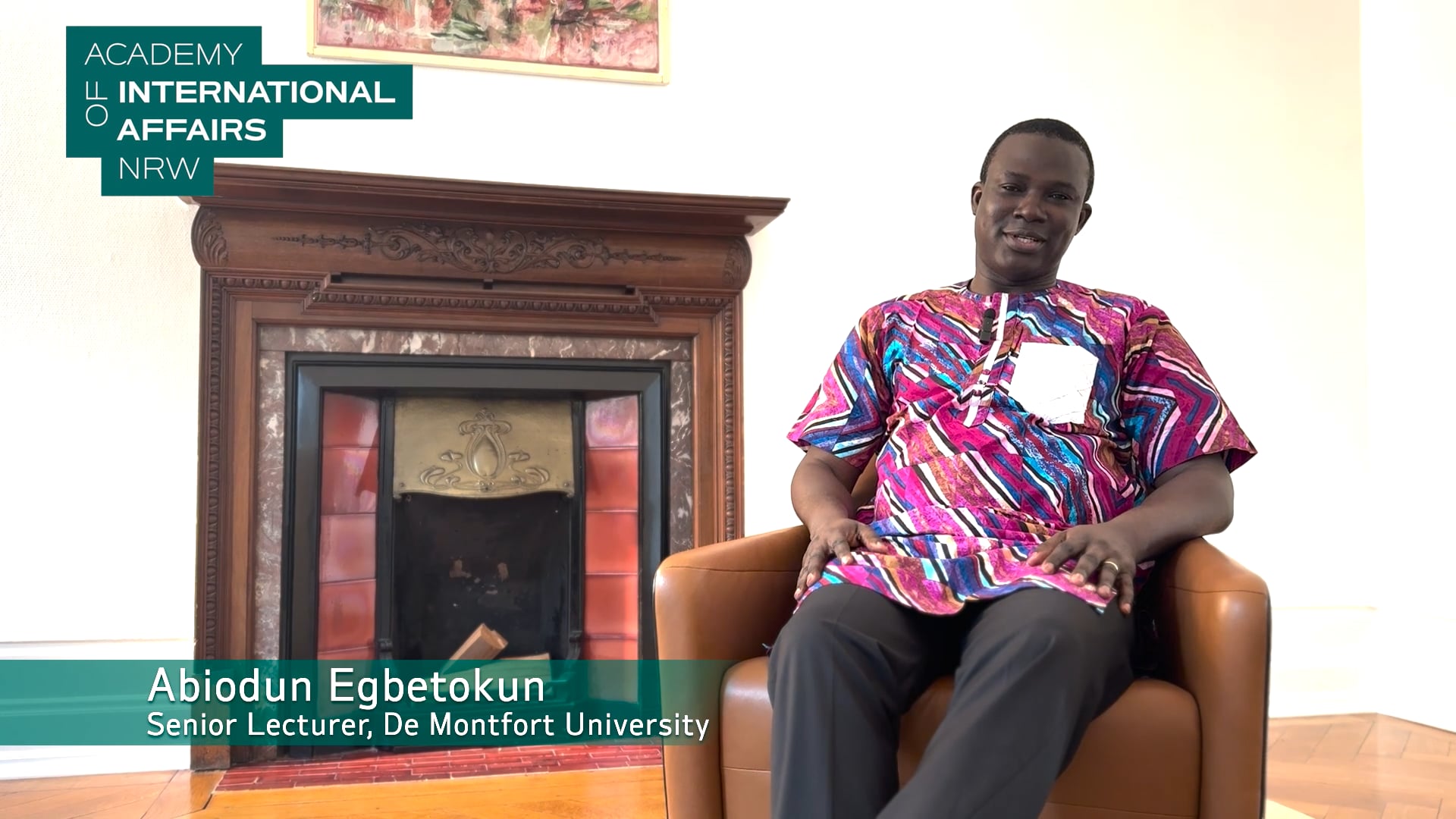
China’s investment in Africa – between myths and challenges
China’s investment in Africa has sparked debate, driving economic growth while raising concerns about debt dependency…
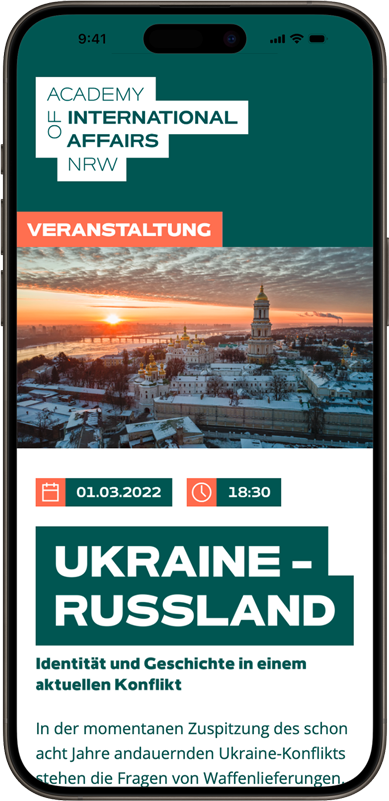
AIA NRW
NEWSLETTER
Subscribe to our newsletter and stay informed about current events in the field of international politics.